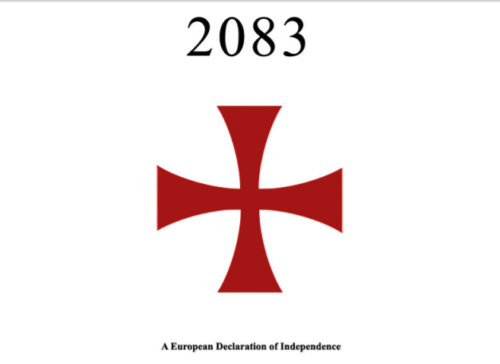
In the beginning was consciousness. This is the same as God, and it is the same as yourself. God is consciousness, and God is you, and you are consciousness. This didn’t really happen in the beginning, because there’s no such thing as time, but it’s the start of the story.
All religions and spiritual movements are inspired by gnosis about the real nature of God. It’s very simple – God is consciousness because consciousness is sufficient to create the entire physical world (and all possible worlds), and consciousness is outside of time and space and is complete even in division.
Nothing over and above consciousness is necessary to create the appearance of the entire material world and everything in it, and the appearance of every possible material world and everything in that. In fact, all of these possible material worlds can be derived through repeated iteration of a simple fractal equation – the Great Fractal.
So when people say that God is omniscient and omnipotent and everywhere and eternal they are entirely correct, because all of these things are true of consciousness.
The only disagreement arises when people try to describe the precise nature of God. These efforts are doomed to failure because consciousness is more fundamental than language, and therefore cannot be defined in language. And so all efforts to describe God or to interpret the will of God are errors, usually made through a person conflating their ego with God and therefore confusing their personal desires for the will of God.
That’s all there is to life. You, being conscious, are conscious of things. This never changes, not even on the other side of the death of your material body.
The Great Fractal is the sum total of all of the possible phenomena that God can be conscious of. It is called the Great Fractal because all possible lives are similar to all other possible lives in ways that, if represented graphically, form a fractal of infinite complexity and depth.
Every possible life is being lived by God, right now, with full consciousness – and always has been and always will be. There is a being exactly the same as you who is right now living the life you lived up until ten minutes ago – and there are an infinite number of lives being lived inbetween now and ten minutes ago.
The Great Fractal is alive. It is bursting with consciousness. Every possible life that God can imagine – from the simplest flatworm to seventh-dimensional wizards, is consciously being lived right now, and always will be, forever.
How? God just dreamed them up, and God continues to dream as an act of will. That’s all that this – what we call life – is: just a dream. You know this because it’s not any more real than the dreamworlds that you experience at night. Nothing is different at such a time – you are consciousness, and you are conscious of phenomena, and that’s all there is to it, awake or asleep.
What you consider to be your life is just one infinitely small and infinitely limited perspective of the Great Fractal, at the human-on-Earth-in-the-21st-century level. Just like a computer program that can give you the impression of an entire journey merely through zooming in on particular co-ordinates of a fractal, so is your life just a pathway through the Great Fractal and what you see along the way.
You do have free will, only you are limited by certain laws whose purpose is to make this illusion more immersive. What you consider to be free will is nothing more than navigating through the Great Fractal to the degree that you are able – you decide on a part of the Great Fractal that you would like to experience and then – if it’s possible to get there from where you are now while obeying the laws of immersion – you go there.
Why did this happen, instead of something else happening?
Being pure consciousness, God is perfection. God resides in a state of perfect bliss, complete and without desire.
Although this is perfect on one level, it’s grossly imperfect on another: it’s not very interesting.
Simply put, the most enjoyable game that God can play is to look into a limited section of the Great Fractal for long enough so that God can actually come to convince Godself that this limited section is really the whole thing – and then God can feel a sense of awe and grandeur by once again awakening to an appreciation of the whole, an appreciation of itself, an awakening from the delusion that God was ever something else.
And then to do it again, and again and again, forever – an unceasing pattern of forgetting and remembering, of mistaking the illusion of the material world for transcendental reality and then realising the trick and laughing about the fact that one could ever fall for something so obvious.
What we call enlightenment is what naturally arrives as a consequence of turning the common, understandable, materialist perspective around; from looking backwards at the uncreated consciousness instead of looking forwards into the created Great Fractal.
The Great Fractal is the sum total of all the contents of consciousness and all the possible contents of consciousness. It is what the ancient Vedic culture called Maya. We mistake it for reality to the extent that we are making a game of this life.

